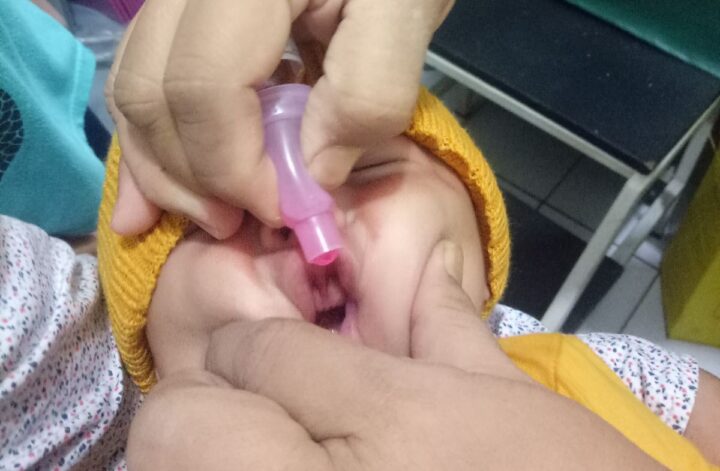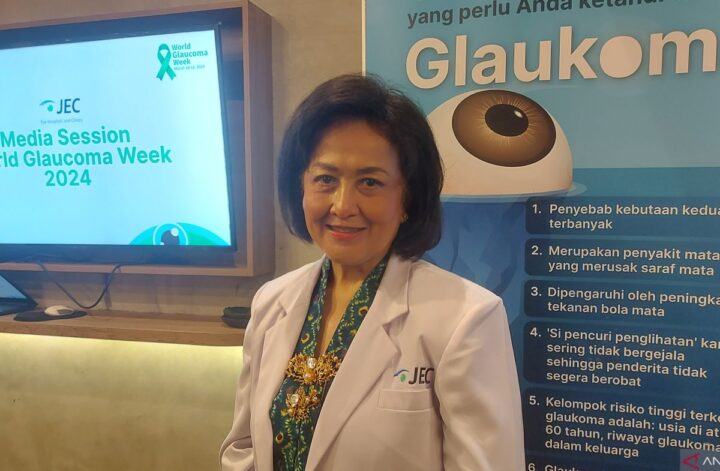Dengue fever is a serious viral infection that is spread by mosquitoes. It can cause severe flu-like symptoms, such as high fever, severe headache, pain behind the eyes, joint and muscle pain, and a rash. In severe cases, dengue fever can lead to a potentially life-threatening condition called dengue hemorrhagic fever, which can cause bleeding, shock, and organ failure.
One of the most effective ways to prevent dengue fever is through vaccination. Vaccination helps to build immunity against the dengue virus, reducing the risk of infection and the severity of the disease if one does get infected. This is especially important in areas where dengue is endemic, such as Southeast Asia, the Pacific Islands, and parts of the Americas.
The World Health Organization recommends vaccination as a key strategy for dengue prevention and control. Several vaccines have been developed and are currently available in some countries. These vaccines have been shown to be safe and effective in reducing the risk of severe dengue fever.
Vaccination not only protects individuals from the potentially severe consequences of dengue fever but also helps to reduce the overall burden of the disease in communities. By vaccinating a large portion of the population, herd immunity can be achieved, which helps to protect those who are unable to be vaccinated, such as young children and individuals with certain medical conditions.
It is important for individuals living in dengue-endemic areas to stay informed about the availability of dengue vaccines and to get vaccinated according to the recommended schedule. In addition to vaccination, it is also important to take other preventive measures to reduce the risk of mosquito bites, such as using insect repellent, wearing long sleeves and pants, and avoiding areas with standing water where mosquitoes breed.
In conclusion, vaccination is a crucial tool in the fight against dengue fever. By getting vaccinated, individuals can protect themselves and their communities from the potentially severe consequences of this disease. It is important for healthcare providers, public health officials, and individuals to work together to increase vaccination coverage and reduce the burden of dengue fever worldwide.




